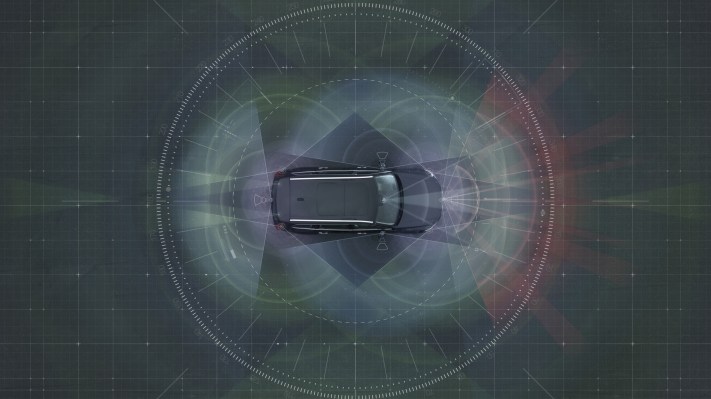The results of two new studies — one big, one really big — on what consumers want in autonomous cars have been released recently. The answer of both is, in a nutshell, we want to be able to let a car drive on its own when driving is monotonous or annoying, like during the daily commute. But we also definitely want to have the ability to take control of the car if something goes wrong. Or if we just want to drive the fun parts.
Volvo is a leader in the autonomous car race, with 100 autonomous-capable vehicles being deployed to customers in Sweden next year in its Drive Me program and ADAS of varying degrees of assistance in its vehicles currently for sale. It released the results of its “Future of Driving Consumer Survey,” which gathered responses from 50,000 people around the world. It turns out that 72 percent of drivers want to “preserve the art of driving,” according to the report. That would be the majority who still want to take on the twisty bits of road themselves.
Some early adopters are ready to let vehicles take over completely, as it seems happened in the recent fatal crash of a Tesla in autonomous mode. Tesla has made it clear that its autonomous driving mode is a beta system and that drivers must be ready to assume control — and responsibility — in the event of a crash. Volvo has taken the opposite tack, saying that if one of their vehicles is involved in a crash while in autonomous mode, liability rests with the company. This conviction is borne out by Volvo’s survey, where 79 percent of respondents expect the manufacturer to assume that liability.
It’s interesting to note that Volvo also found that in California, long the land of cars — and gridlock — drivers were less likely to want to drive the car themselves and more likely to see driving as a waste of time. On the other side of the country, more than 8 in 10 New Yorkers said they’d commute daily in an autonomous vehicle, which isn’t surprising in a city where the majority of households don’t even own a vehicle, preferring instead public transportation, taxis or ride-hailing services.
The other, smaller survey by AlixPartners, asked 1,517 people in June about driverless vehicles. Nearly three-quarters of respondents said they’d want a driverless car to do all the driving, and 90 percent said they’d let an autonomous vehicle do the daily commute driving if the human could take over sometimes. People seem to be able to imagine tricky emergency situations where an algorithm might not cut it; so far, they aren’t mistaken. This is the thought process that has led to other surveys to conclude that Americans aren’t ready for autonomous automobiles.
